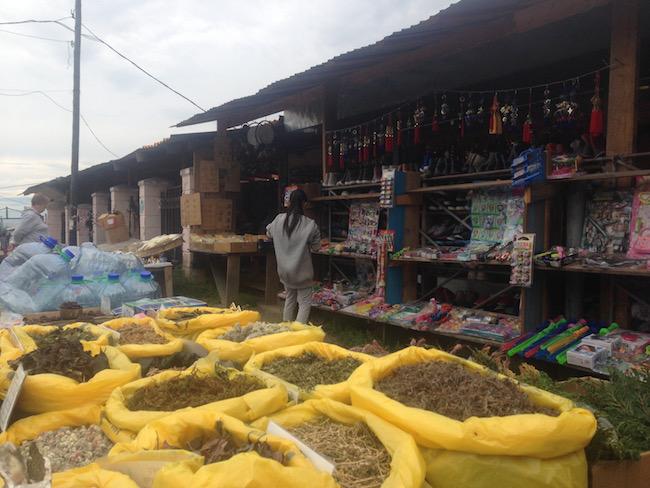
ALL WELCOME
MIASU, University of Cambridge
Siberian Tea for Vladimir Putin and Moral Economies of the Russia-China Borderlands
“Back to animals ! Back to mushrooms ! And now back to plants !...” (Bruno Latour, 2018)
When Russian president Vladimir Putin has recently declared that he is drinking tea made only with wild herbs collected in Siberia, public attention became much preoccupied with magical formulas of the personalized herbal assemblage - various leaves, mashrooms, roots, berries, and flower heads of Siberian wild plants - that empowers body of the sovereign with strength and protects him from the Covid infectious viruses. By taking a close look to a ‘social life’ of one of these ingredients, namely Sapozhnikovia divaricate (also known as fangfengshu 防风属 - a medical herb widely used in Asian traditional medicine - Mongolian, Tibetan and Chinese), I will follow all transformations of this botanical from the local to the global, and the ways how it become a highly demanded immune-related raw material in Chinese and international pharmacology industry during pandemic. Paraphrasing ‘Why Trees, too, are Good to think with” by M. Bloch (1998) and his recent “Why plants are also good to think with” (2021), I will use the case of fangfeng as an example to demonstrate growing economic and environmental disparities between China and Russia borderlands, and moral dilemmas that local population faces in Eastern Siberia, when the home landscape of nutag becomes treated as a resource deposit of a neighboring country.
In-person seminar taking place at the Mond seminar room (limited number of attendees) and live streamed via zoom – please contact MIASU Admin should you wish to attend and for further information.
